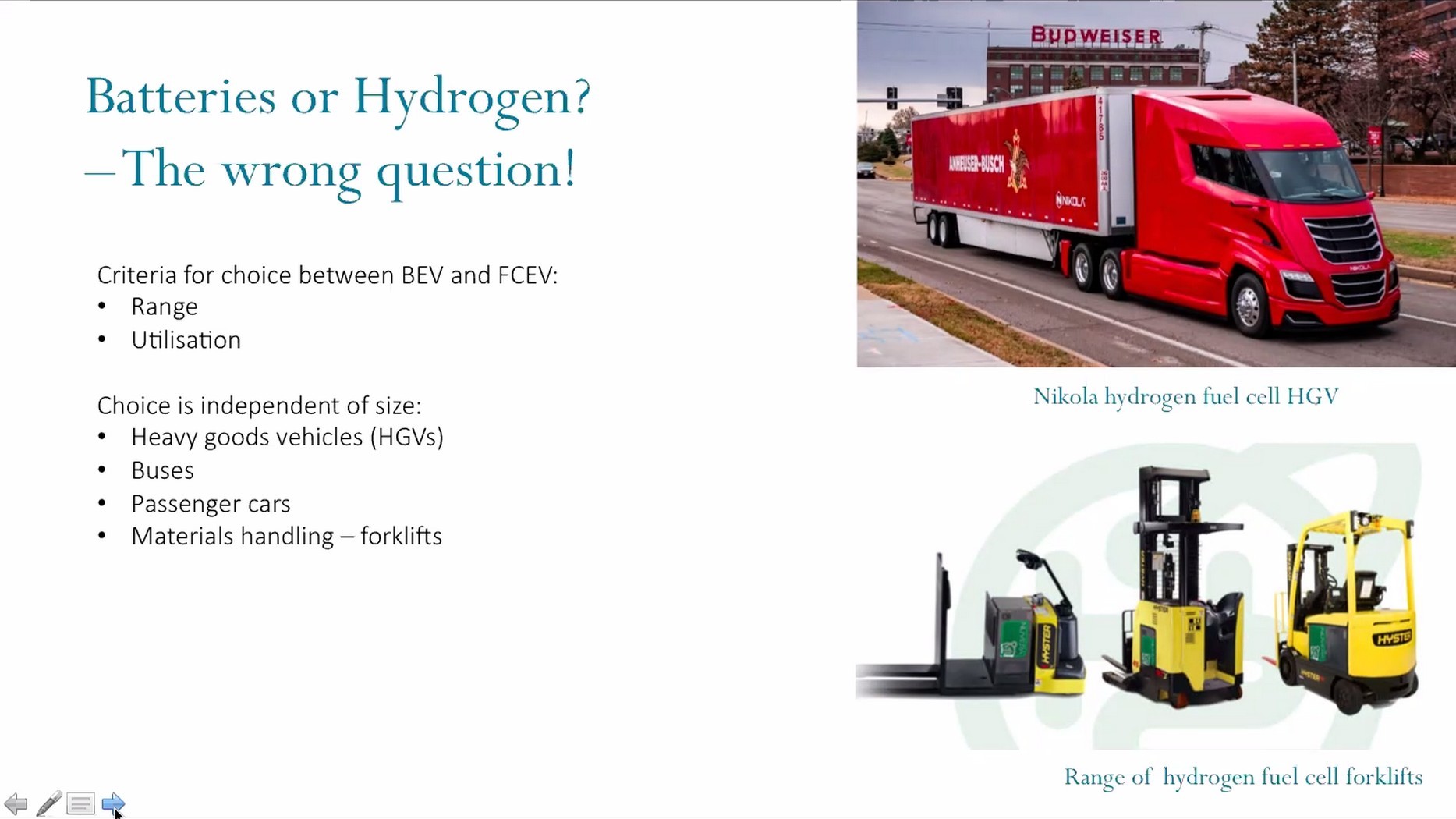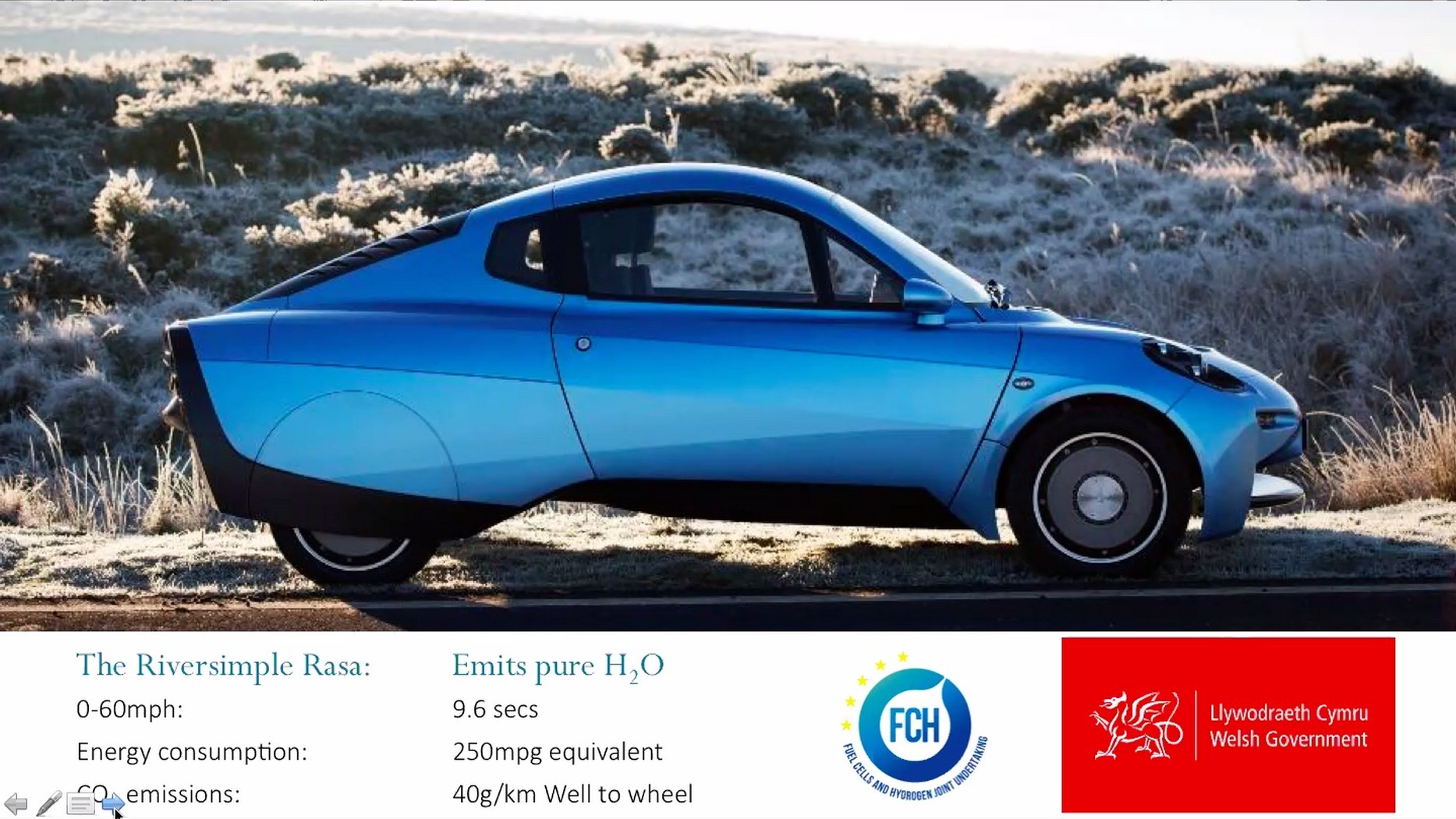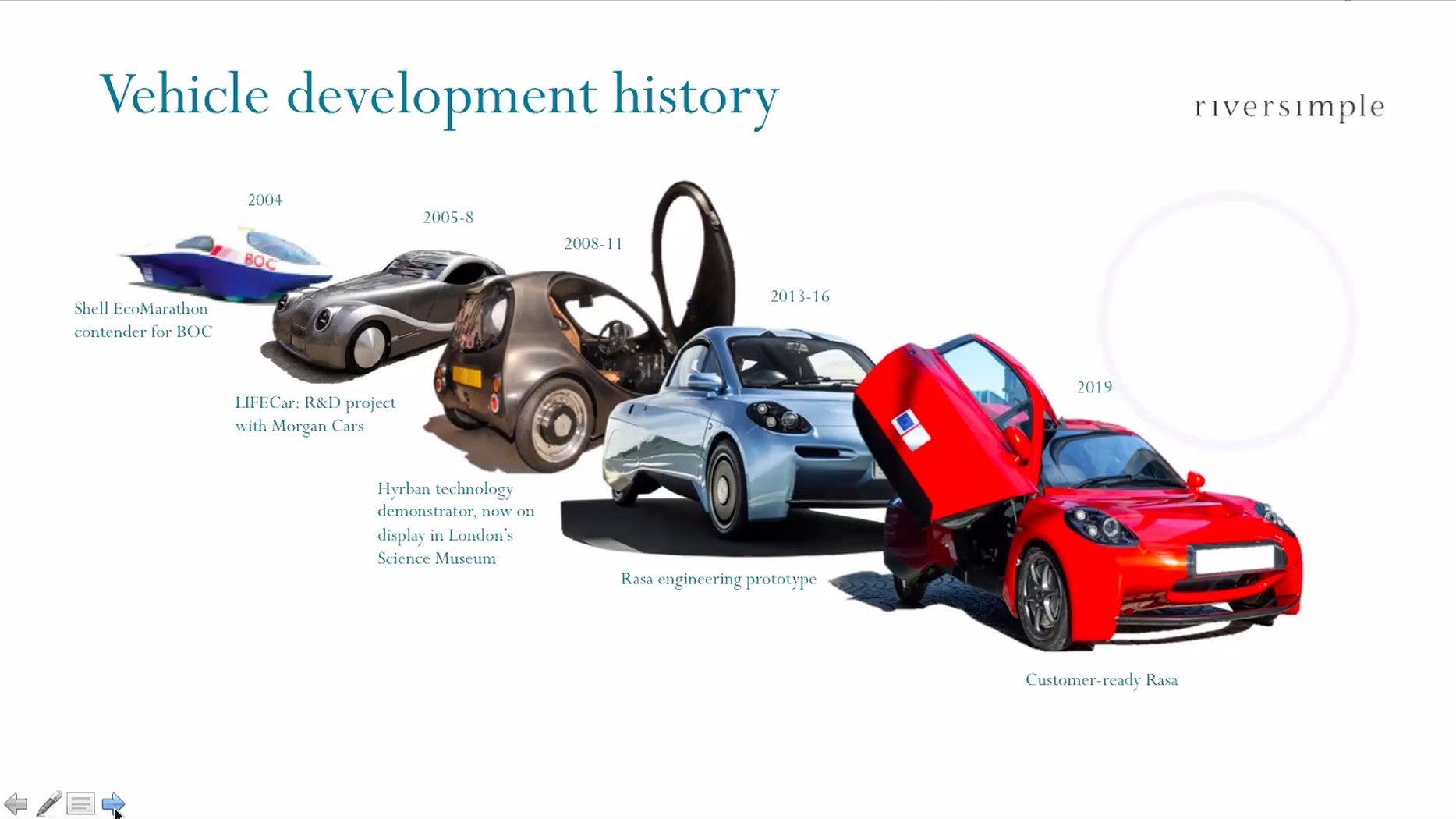Riversimple’s sporadic yet groundbreaking announcements consistently challenge the automotive industry’s prevailing paradigms. Their latest endeavor, a design competition for a sports car, transcends mere aesthetics. It’s a bold declaration against the relentless pursuit of excess that characterizes the sector.
By introducing a 620 kg, 3.5-second, 39 hp hydrogen-powered vehicle, the Welsh startup offers a stark contrast to the industry’s bloated offerings. This defiance is not solely about performance; it’s a strategic maneuver to expose the absurdity of prioritizing weight, power, and aggression.

Rather than viewing the car as a beast to be tamed, Riversimple envisions a harmonious relationship between driver and machine. Their approach suggests a paradigm shift where the focus shifts from competition to integration.
This philosophy echoes a growing sentiment that the automotive industry has lost its soul, sacrificing driving passion at the altar of opulence and power. By championing efficiency and rationality, Riversimple offers a look into a future where cars are not status symbols but functional, environmentally conscious tools. Their work is a stark reminder that less can indeed be more, and that true innovation often lies in challenging the status quo.
The automotive industry has started on a trajectory of increasing vehicle weight, a trend underscored by a 25% increase in average car mass over the past seven years. This escalation, as highlighted by Autocar and Riversimple, necessitates a corresponding surge in raw material consumption for both vehicle production and lifecycle maintenance.
In stark contrast, Riversimple advocates a radical departure from this norm, prioritizing efficiency and sustainability through their “everything you need and nothing you don’t” philosophy. Their electric powertrain, ingeniously combining supercapacitors with regenerative braking, eliminates the burden of heavy battery packs.
When coupled with a carbon fiber chassis, this system enables a diminutive fuel cell to deliver both remarkable acceleration and extended range. While Riversimple’s initial focus has been on pragmatic, environmentally conscious vehicles, the recent announcement by Hugo Spowers of a limited-production sports car introduces a fascinating new chapter.
This development begs the question of how a performance-oriented, emotionally charged vehicle can seamlessly integrate with Riversimple’s core principles of innovation and resource efficiency. Riversimple, a Welsh automotive startup, is challenging traditional car ownership with a bold new approach.
Instead of selling vehicles, the company plans to exclusively lease them, offering customers a comprehensive package that includes insurance, maintenance, taxes, and even hydrogen refueling. This subscription-based model mirrors conventional ownership without the associated burdens.

While not explicitly confirmed for its upcoming sports car, this innovative business structure aligns with the company’s philosophy. To address the weight challenges inherent in high-performance vehicles, Riversimple’s sports car will feature inboard motors, a departure from the in-wheel motors found in its Rasa model.
This engineering choice is pivotal in achieving the exceptional acceleration and handling expected from a sports car. While the company intends to produce the sports car in limited numbers, it serves a crucial strategic purpose: to spotlight the critical issue of weight reduction in the automotive industry. By developing a high-performance vehicle that prioritizes lightweight design, Riversimple aims to capture attention and demonstrate its expertise in this area.

